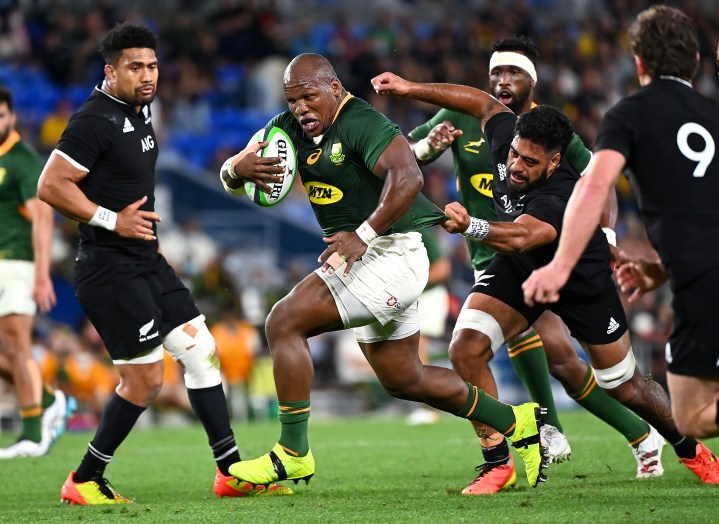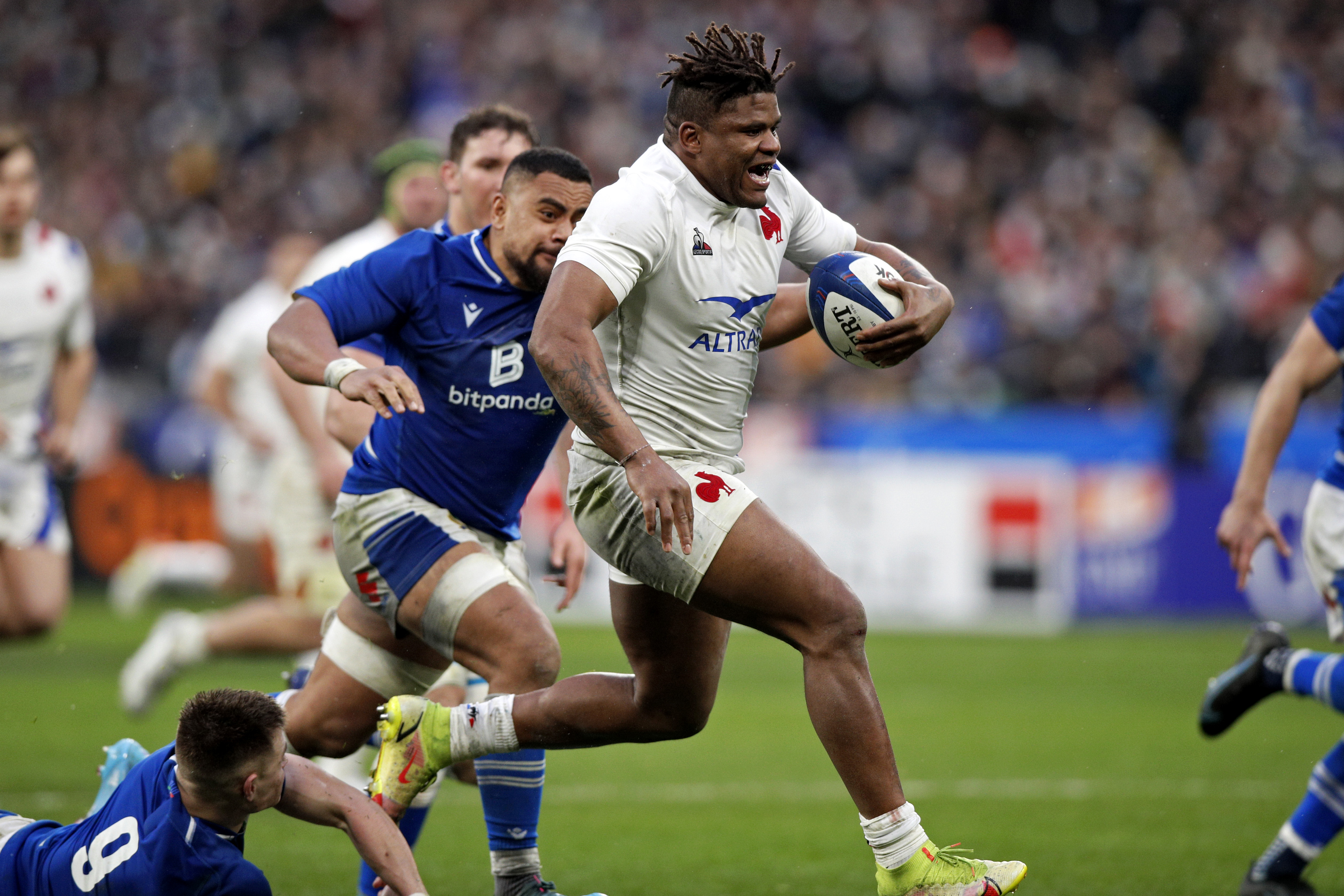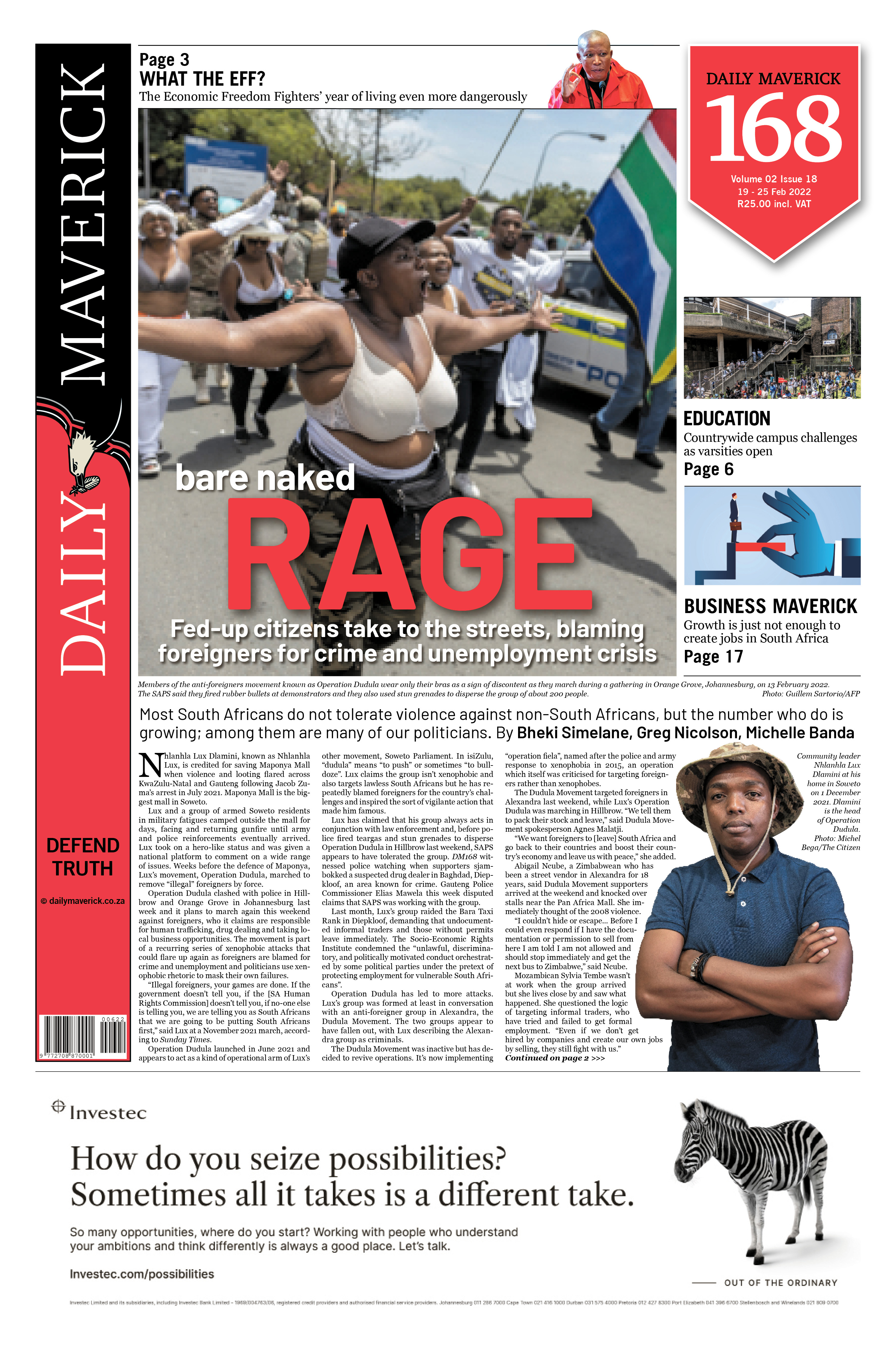RUGBY
Boks gun for best of both worlds in calendar reshuffle

Rugby is starting to undergo a global reshuffle, thanks to the impacts of Covid-19 and private equity funding.
Rugby’s power brokers will meet with World Rugby in the first week of March to discuss the launch of a new World Nations Championship – and ultimately a greater alignment between the northern- and southern-hemisphere nations – from 2024 onwards.
Meanwhile, South Africa’s bid to join the Six Nations tournament continues to gather momentum. SA Rugby is currently in talks with the heads of that competition and with CVC, its equity partners.
It’s yet to be determined whether the Springboks will join the world’s biggest annual rugby tournament in 2025, and whether they will oust perennial stragglers Italy or become part of a revamped seven-team tournament.
On 16 February, South Africa, New Zealand, Australia and Argentina Rugby (Sanzaar) attempted to quash these rumours by “announcing” that SA Rugby has recommitted to the Rugby Championship until 2025. If anything, Sanzaar’s press release served to confirm that the Boks’ days in the tired and uninspired Rugby Championship tournament are numbered.
One way or another, the global game is set for structural changes that could address myriad issues as well as increase profits across the board.
It remains to be seen, however, whether player welfare will be prioritised in this brave new world, and whether World Rugby fulfils its mandate to boost and develop the game outside the traditional unions.
One foot in Europe
Speculation is rife at present. What we know for a fact, however, is that South African rugby’s migration to the northern hemisphere began five years ago.
The Cheetahs and the Southern Kings franchises were cut from the Super Rugby tournament in 2017. In response, SA Rugby struck a deal with the Pro 14 tournament and paid R40-million for those South African teams to compete in Europe.
The Cheetahs and Kings struggled to make an impact against their Irish, Italian, Scottish and Welsh counterparts as far as results were concerned. Nevertheless, their participation in a high-profile European tournament laid the foundation for a more lucrative and successful endeavour.
In 2020, the New Zealand Rugby Union decided to continue its Super Rugby journey without South Africa. Instead of lamenting the end of that 25-year partnership, SA Rugby jumped at the opportunity to move all its big teams to Europe.
In September 2021, the Bulls, Lions, Sharks and Stormers crossed the northern-hemisphere threshold via the newly formed United Rugby Championship (URC). All four teams will progress to the European Cup tournaments from next season – and at least one side will qualify for the prestigious Champions Cup.
It’s always been the plan to push for the Boks’ inclusion in the Six Nations. Come 2025, SA Rugby may realise that long-term ambition. As one highly placed source put it: “In future, the regions and ultimately the annual international tournaments will be determined by longitude rather than latitude.”

France’s Jonathan Danty (centre) followed by Italy’s Toa Halafihi (left) during the Six Nations round 1 rugby match between France and Italy at the Stade de France in Saint-Denis, outside Paris, France, on 6 February 2022. (Photo: EPA-EFE / YOAN VALAT)
Financial and commercial alignment
It makes sense for South Africa to align with Europe, given the negligible time difference between the regions and the commercial opportunities that this situation presents.
SA Rugby initially paid for the Cheetahs and Kings to compete in Europe between 2017 and 2020. Five years later, they are well placed to become shareholders in a new company called Pro Rugby Championship, which owns the URC. As a result, they will have a cut of the broadcast and sponsorship revenues in due course.
What’s more, SA Rugby is currently in talks with CVC Capital Partners, the equity fund that has purchased significant stakes in the Six Nations and England’s Rugby Premiership, as well as in the URC.
CVC bought a 14.3% stake in the Six Nations for a reported £365-million last year. It guaranteed a cash injection of £95-million for the Rugby Football Union (England’s governing body) and about half that for the Welsh, Irish, Italian and Scottish rugby unions. France will also receive £95-million.
The Six Nations purchase was the third acquisition by the equity fund in European rugby, along with portions in URC and the English Premiership.
These partnerships may be strengthened in years to come, as may the partnerships between CVC, SA Rugby and the Six Nations.
Boks-All Blacks series conundrum
Will the Boks join the Six Nations by 2025, and will their commitment to the northern-hemisphere showpiece signal the end of their long-term partnership with Sanzaar and the Rugby Championship?
Is it possible for the Boks to compete in both tournaments? And if not, what will become of the annual battle between the Boks and the All Blacks?
There have been calls to restructure the Rugby Championship, and from this season onwards the fixture list will accommodate “mini-tours”. In the case of the Boks and the All Blacks, the former will host the latter in two matches in August this year.
The Rugby Championship will scale down in 2023, but in 2024 the All Blacks should have the chance to host the Boks in back-to-back Tests.
In short, these teams will only visit their biggest rivals once every two years. The rarity of these matches will add to the sense of occasion – among the players and the fans.
An annual two-match showdown between the Boks and the All Blacks has the potential to be one of the highlights of the sporting calendar, let alone the rugby season. Its value – in rugby as well as in commercial terms – should not be understated.
Will SA Rugby have to choose between competing in the Six Nations and the Rugby Championship in the long term? It seems likely. What’s not clear at present is what an exit from the Rugby Championship could mean for the rivalry between the Boks and the All Blacks.
The Boks could have their cake and eat it if they compete in the Six Nations and retain their annual series of matches against the All Blacks. How they plan to stage those fixtures outside of a Rugby Championship tournament is unclear.
World Nations Championship
Nothing will change until the end of the current four-year cycle, which will culminate with the World Cup in France in September and October 2023.
But if the game’s heavy hitters get their way and all plans come to pass, we will witness the inception of the World Nations Championship in 2024, and then a new Six Nations tournament that includes the Boks in 2025.
The World Nations Championship concept was initially tabled back in 2019. The proposal has been adapted since then, and it’s hoped that the biennial tournament – staged in the years when there is no British & Irish Lions tour or World Cup, i.e. 2024 and 2026 – will generate more hype around international fixtures, particularly those played in the July and November Test windows.
Twenty-four teams will be split into two tiers. The teams that currently compete in the Six Nations and Rugby Championship, plus Fiji and Japan – who may join the southern-hemisphere competition by 2024 – will feature in the top division.
Teams will accumulate log points from each result – whether that result is achieved in the Six Nations, the Rugby Championship or over the course of the July and November internationals.
The structure of the July window is set to change, with travelling teams touring more than one nation during this period. The final stages of the league will be played out in the northern hemisphere in the November window. A final will be staged thereafter.
The top nations are reportedly in favour of the new competition. But whether the big clubs in Europe will release their best players to the respective national teams for an extra week or so in a calendar year is a challenge.
It’s hard to see how the new proposal – which includes more games and thus a greater workload – might improve player welfare. Until there is an overriding structure that aligns the northern- and southern-hemisphere seasons, and alleviates the conflict between club and country, the game will continue to be hamstrung by these issues. DM168
This story first appeared in our weekly Daily Maverick 168 newspaper which is available for R25 at Pick n Pay, Exclusive Books and airport bookstores. For your nearest stockist, please click here.


















 Become an Insider
Become an Insider
Comments - Please login in order to comment.